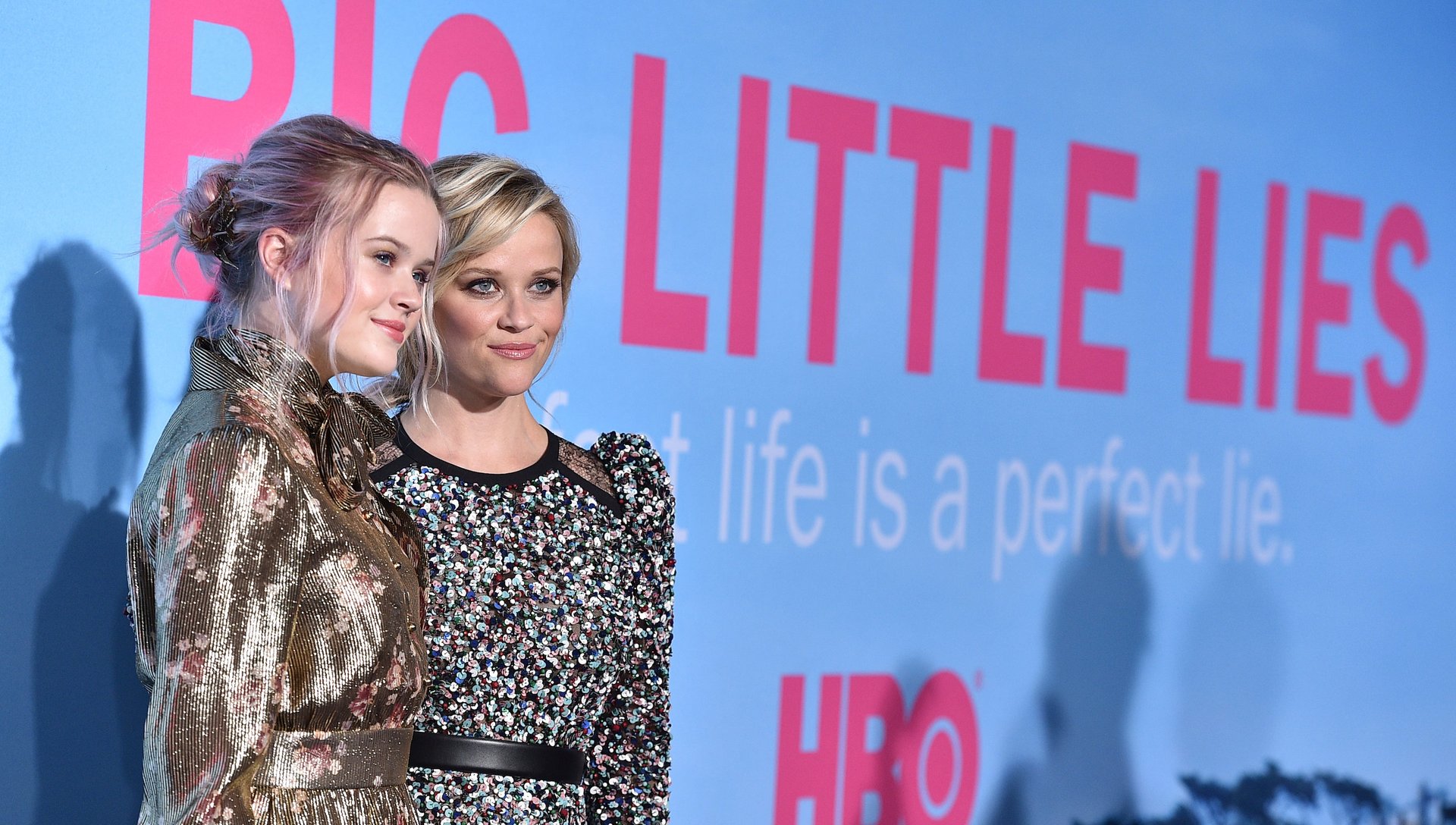Why the best new music premieres on television, not radio
Haunting, elegiac, mired in nostalgia—the first thing you notice about Big Little Lies, as star-filled and visually artful a show it is, is the music.


Haunting, elegiac, mired in nostalgia—the first thing you notice about Big Little Lies, as star-filled and visually artful a show it is, is the music.
The seven-episode US drama starring Nicole Kidman and Reese Witherspoon premiered earlier this year on HBO, drawing immediate commercial success as well as critical acclaim. Chief among reviewers’ points of praise was its music choice: Big Little Lies’ title sequence flashes at the beginning of every episode against a clip of a slow croon written by British soul musician Michael Kiwanuka, whose complete track (titled “Cold Little Heart”) is actually a stunning 10-minute ballad.
Before the show’s premiere, Kiwanuka enjoyed modest success in the UK; now, his name is everywhere. According to analytics companies Nielsen and Next Big Sound, “Cold Little Heart” consistently climbed the charts during the show’s seven-week run, and Kiwanuka’s artist station adds on Pandora went from 50 to 550 a day. He also racked up 7,700 new fans on Facebook.
The artist recently commented on his rapid success, noting that, from his perspective, television is ripe for the discovery of interesting new music because it “opens the door for people like myself—artists who don’t fit a certain mold.” In addition:
With TV becoming more like cinema, they’re looking at music like the way Tarantino would, devoting a long portion of a song to a long, slow scene, so they put it on their shows that people tune into and they get to hear your music but they actually have to sit and listen to it. The world’s so fast-paced, but when you’re watching something, people are forced to listen to it. And if they don’t like it, they don’t like it, but at least they listen to it.
That “certain mold” Kiwanuka politely skims over would be the mold of radio: a traditional, once-holy platform of artist discovery, now dominated by bubbly pop crowd-pleasers aimed at a mainstream audience. (Fellow musician Jay Z called out radio’s faults in a candid interview earlier this year with Frank Ocean, dubbing it ”pretty much an advertisement model.”) Kiwanuka’s slow 10-minute song would never have been picked up by a pop radio station—but it found a home on HBO’s dark, unhurried miniseries.
A recent interview with a show-runner from The Leftovers, another HBO show, offers a glimpse into how the process of discovering independent music for television actually works. According to music supervisor Liza Richardson, who’s also worked on the hit series Friday Night Lights, each episode of a show involves meticulous discussion of music choice and placement—and since popular songs or classic hits are more expensive to use, producers favor undiscovered indie music. As to where she finds those tracks, Richardson says takes guidance from music review blogs, friends, record collectors on Instagram, and Last.fm’s recommending algorithm.
“Some shows, we pause every two minutes [in a spotting session] to discuss the details of every single bit of music,” Richardson told Pitchfork.
As radio becomes more restrictive, television these days is getting increasingly experimental, making it an infinitely better platform for premiering talented new musicians. Whether or not you believe we’re in the golden age of TV, artists are certainly counting on it.